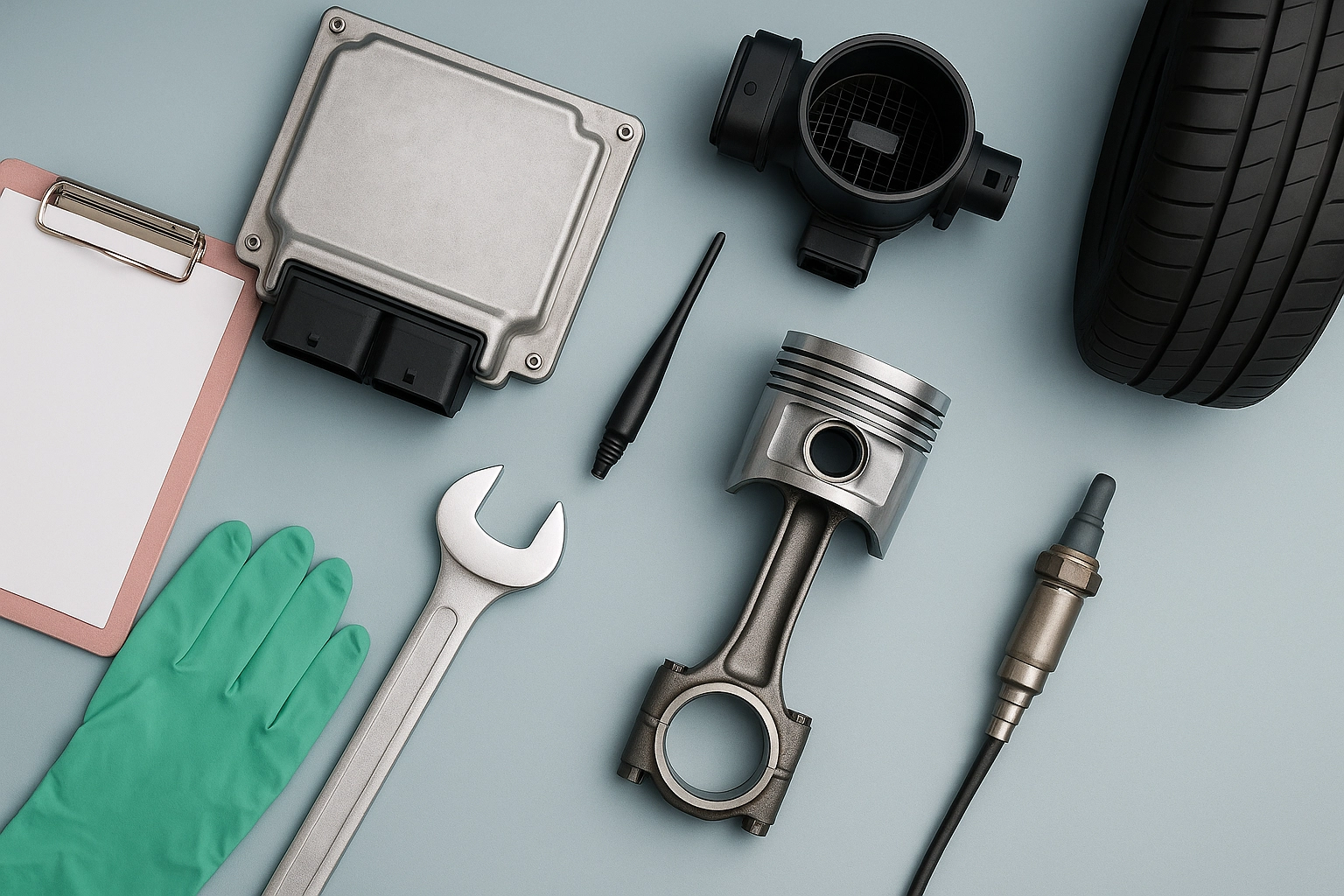SAE J2716 Engine Torque Sensor Verification
The SAE J2716 standard specifies requirements for engine torque sensors used in automotive applications. This service ensures that these sensors meet the stringent requirements defined by this standard, thereby guaranteeing accurate performance and reliability in torque measurement.
Engine torque plays a critical role in the performance of an automobile's powertrain system. It is essential to verify the accuracy of the torque sensors during manufacturing or maintenance to ensure compliance with automotive industry standards such as SAE J2716. This service helps manufacturers, quality managers, and R&D engineers maintain high-quality standards by ensuring that their torque sensors are accurate and reliable.
The process involves a series of tests designed to validate the sensor’s ability to accurately measure engine torque under various operating conditions. These tests ensure that the sensor can provide consistent readings across different environments and vehicle types. The service also includes detailed reporting, which provides comprehensive insights into the performance of the torque sensors.
SAE J2716 specifies a range of test parameters, including temperature stability, linearity, hysteresis, repeatability, and dynamic response. To achieve compliance with this standard, we use advanced testing equipment capable of simulating real-world operating conditions. This includes environmental chambers for temperature control and vibration analyzers to mimic road conditions.
During the verification process, torque sensors are subjected to a series of calibration checks and performance evaluations. These tests ensure that the sensor can accurately measure torque under various load conditions, speeds, and temperatures. The service also involves thorough documentation of all test results, which is then used by manufacturers to make informed decisions about their products.
By adhering to SAE J2716 standards, we provide our clients with reliable and accurate torque sensor testing services that meet the high expectations of automotive industry professionals. This ensures that engines perform optimally under various operating conditions, leading to improved fuel efficiency and reduced emissions.
| Test Parameters | Description |
|---|---|
| Temperature Stability | The ability of the sensor to maintain accurate readings despite temperature fluctuations. |
| Linearity | The degree to which the sensor's output is a linear function of the input torque. |
| Hysteresis | The difference between the forward and reverse calibration curves. |
| Repeatability | The consistency of measurements under identical conditions over multiple tests. |
| Dynamic Response | The sensor's ability to respond accurately to rapid changes in torque. |
The service is designed to meet the needs of quality managers, compliance officers, R&D engineers, and procurement professionals. It ensures that torque sensors are accurate, reliable, and compliant with industry standards.
| Equipment Used | Description |
|---|---|
| Vibration Analyzer | Used to simulate road conditions in a controlled environment. |
| Environmental Chamber | To control temperature fluctuations during testing. |
| Calibration Bench | For precise measurement and calibration of torque sensors. |
| Data Acquisition System | To collect and analyze test data. |
The SAE J2716 Engine Torque Sensor Verification service is a critical component in ensuring the accuracy and reliability of torque measurement systems. This ensures that vehicles perform optimally, leading to improved fuel efficiency and reduced emissions.
Industry Applications
The SAE J2716 Engine Torque Sensor Verification service finds application in various sectors, including automotive manufacturing, engine testing facilities, and powertrain development laboratories. This service ensures that torque sensors used in these applications are accurate and reliable.
- Automotive Manufacturing: Ensures compliance with industry standards for torque measurement during production.
- Engine Testing Facilities: Provides accurate data for engine performance evaluation.
- Powerttrain Development Laboratories: Supports the development of new powertrain systems by ensuring the accuracy of torque sensors used in testing.
| Sector | Description |
|---|---|
| Automotive Manufacturing | Ensures compliance with industry standards for torque measurement during production. |
| Engine Testing Facilities | Provides accurate data for engine performance evaluation. |
| Powerttrain Development Laboratories | Supports the development of new powertrain systems by ensuring the accuracy of torque sensors used in testing. |
The service is critical in these sectors as it ensures that torque sensors are accurate and reliable, which is essential for maintaining high-quality standards in automotive manufacturing and engine testing.
Quality and Reliability Assurance
The SAE J2716 Engine Torque Sensor Verification service plays a crucial role in quality and reliability assurance. By ensuring that torque sensors meet the stringent requirements of this standard, we help manufacturers maintain high-quality standards.
- Avoids discrepancies between expected and actual performance.
- Reduces the risk of product failures due to inaccurate measurements.
- Ensures compliance with industry regulations and standards.
The service also supports continuous improvement by providing detailed test results that can be used to identify areas for enhancement. This helps manufacturers stay competitive in a rapidly evolving market.
Environmental and Sustainability Contributions
The SAE J2716 Engine Torque Sensor Verification service contributes positively to the environment and sustainability efforts by ensuring accurate torque measurement, which is critical for improving fuel efficiency and reducing emissions. Accurate torque sensors help engines operate more efficiently, leading to lower fuel consumption and reduced greenhouse gas emissions.
- Improves fuel efficiency in vehicles.
- Reduces emissions of harmful pollutants.
- Supports sustainable development goals by promoting efficient use of resources.
The service also helps manufacturers meet regulatory requirements, which can contribute to a greener future. By ensuring that torque sensors are accurate and reliable, we play a vital role in supporting sustainability efforts across the automotive industry.





